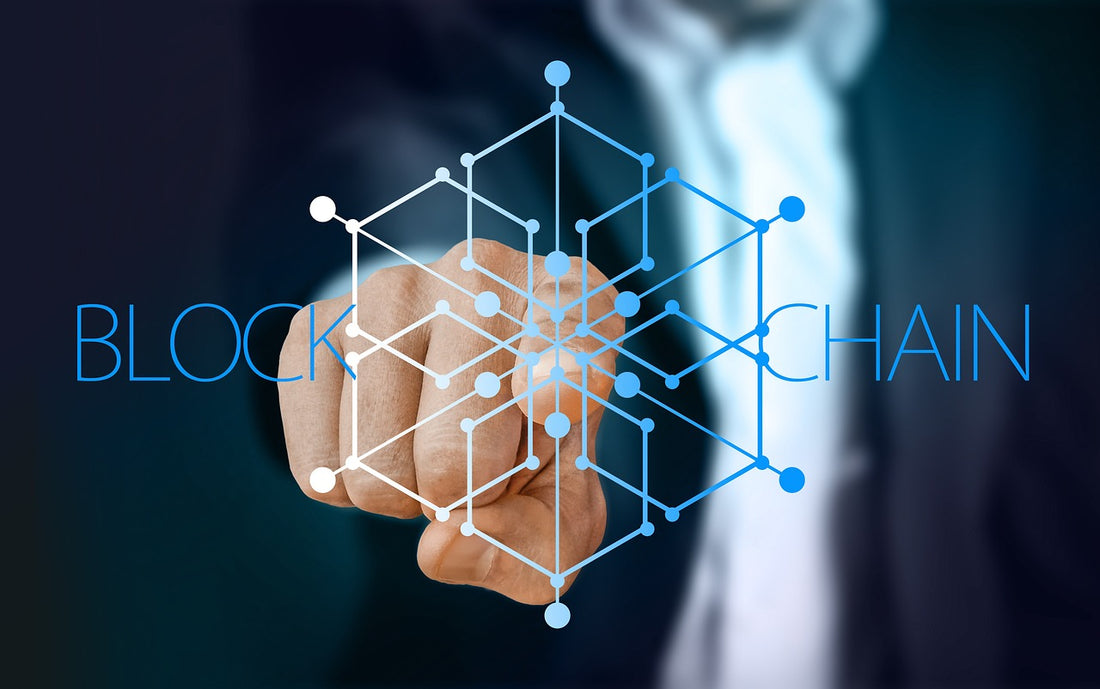
Blockchain Credentials: A Secure and Simple Way to Prove Your Qualifications
Share
In today’s digital world, it’s not always easy to prove that your qualifications are real. Whether you’re applying for a job, enrolling in a course, or getting a professional certification, verifying your credentials can take time and cause headaches. Paper certificates can get lost or faked, and even digital documents can be altered. But what if there was a way to securely store and share your credentials in a way that no one could tamper with? Enter blockchain technology, a game-changer in how we prove our skills and experience.
Blockchain provides a secure and reliable way to store and share professional credentials, making it easier for people to prove what they know and for employers to trust that information. By using blockchain to record credentials, we can ensure that they’re authentic, easily accessible, and impossible to falsify.
What Are Blockchain Credentials?
Simply put, blockchain credentials are digital records of your qualifications—whether it’s a college degree, a professional certification, or a work experience letter—stored on the blockchain. These digital records are tamper-proof and can be instantly verified by anyone with access to the blockchain network.
Because blockchain works like a digital ledger that’s spread across multiple computers, once a credential is entered, it can’t be changed or erased. This ensures your qualifications are protected from fraud, while still being easy to verify.
How Do Blockchain Credentials Work?
-
Issuing the Credential: Schools, companies, or training programs create a digital certificate for you and store it on the blockchain. Instead of receiving a paper certificate, you get a blockchain-based credential.
-
Verification: When you need to prove your qualifications—whether to an employer, a licensing body, or another organization—they can quickly verify the credential on the blockchain. There’s no need for background checks or waiting to hear back from your school; the credential is there, unchangeable, and ready to be confirmed.
-
Privacy and Control: You control who can see your blockchain credentials. While the credential itself is stored on a public blockchain, your personal details remain private. You decide when and where to share your qualifications.
Why Use Blockchain for Credentials?
-
Security: Blockchain is incredibly secure. Once a credential is recorded, it’s locked in. Any attempt to change it would be detected immediately across the whole network.
-
Trust and Transparency: With blockchain, there’s no guessing. Employers and organizations can trust that the credentials they’re seeing are legitimate. They don’t have to worry about fakes or altered documents.
-
Easy Access Worldwide: Because blockchain is digital and decentralized, your credentials are always available online. This is especially useful if you’re applying for jobs in different countries or working remotely. You won’t need to carry paper certificates or wait for mail.
-
Saving Time and Money: Traditional verification processes can be time-consuming and costly. Whether it’s checking references or verifying a diploma, blockchain makes it faster and cheaper to confirm someone’s qualifications.
-
Permanent Records: Unlike paper certificates that can be lost or damaged, blockchain credentials are permanent. Once issued, they’re always accessible and verifiable.
Real-World Examples of Blockchain Credentials
-
Education: More universities are starting to issue diplomas on the blockchain. MIT, for example, has been offering blockchain-based diplomas for a few years now, making it easier for graduates to share their credentials securely and quickly with employers.
-
Professional Certifications: Industries like tech and finance are also jumping on board. Companies are using blockchain to issue certifications that prove someone’s skills, helping cut down on fraudulent claims.
-
Work Experience: Some companies are even using blockchain to record employment history. Rather than relying on a phone call to verify past jobs, future employers can simply check a blockchain record.
The Road Ahead for Blockchain Credentials
While the benefits of blockchain credentials are clear, there are still some hurdles to overcome before this becomes the standard. For one, industries and countries need to agree on common standards for blockchain credentialing to ensure everyone is on the same page. Additionally, the cost of setting up blockchain systems can be high for smaller organizations.
That said, as blockchain technology becomes more mainstream, these challenges are likely to be resolved, making it easier for everyone to adopt this secure way of verifying professional qualifications.

